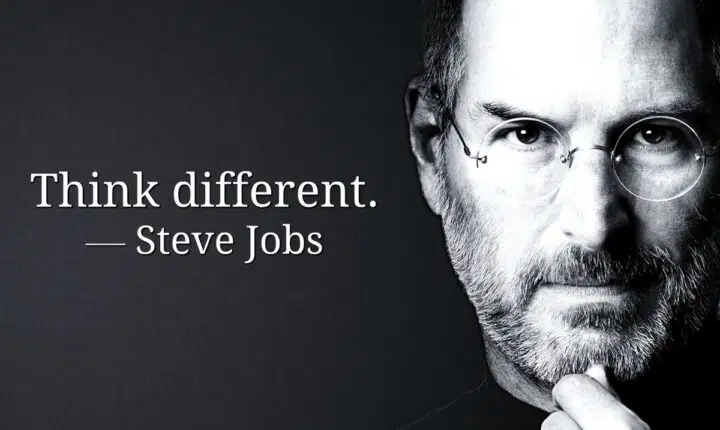“Deep Work” by Cal Newport aims to inform readers about the benefits of working without distractions. Newport explains “Deep Work” as focused professional tasks that challenge our abilities and create value. These efforts enhance skills and are difficult to duplicate. He compares deep work to shallow work. Meanwhile, shallow work is tasks done while distracted that don’t help us grow professionally or create new value.

Cal Newport structures the book into two parts, laying the foundation for his arguments on “Deep Work” in the first part. The Author emphasizes the value of “Deep work” in today’s economy – which relies heavily on automation and technology. The importance of “Deep Work” grows with each passing day because of its rarity.
Cal Newport supports his arguments by quoting extensively from research studies and sharing anecdotes of successful individuals like Carl Jung, Bill Gates, and J.K. Rowling. Newport shows the value of deep work, which enabled them to achieve remarkable cognitive feats. He shows how focusing intensely on work applies to many fields and jobs. Here, the Author gives a convincing set of well-argued and well-researched arguments.
In the book’s second part, Cal Newport gives four “rules” or strategies to build a deep work habit: working deeply, getting comfortable with boredom, quitting social media, and avoiding shallow activities. He gives a set of practical steps and strategies in all the rules to implement them in one’s daily routine. Newport says it’s essential to focus on a task without distractions. He suggests embracing boredom instead of constantly seeking shallow entertainment that hinders concentration. Though most of the Author’s strategies seem promising, it can be challenging to visualize their application to most modern job settings.
Some of Newport’s advice seems plainly impractical, like seeking a “Shallow work budget” from the boss, and if the budget is not maintainable, then finding a different employer. His despise of social media is evident in his advice. He challenges readers to think about the actual benefits of shallow activities. The Author advises readers to assess social media platforms critically. He suggests a 30-day break to see their actual value in daily life. Such advice might be too extreme for most readers, given the role of our digital presence in our daily lives. Furthermore, his emphasis and infatuation with scheduling and planning every minute of our workday might feel overwhelming and impractical for most readers.

Newport knows his advice is best for “knowledge workers” and may not apply to everyone. He acknowledges that the intensity and depth of “Deep Work” might be daunting and mentally taxing. The Author supports his arguments with philosophical and psychological ideas. He shows that doing meaningful work for a long time brings actual joy and satisfaction.
Overall, Cal Newport presents a compelling argument for the effectiveness of “deep work” in one’s workflow. The book caters to a specific audience of modern “knowledge workers” and provides limited utility to others. Personally, I find the application of the “Deep Work Hypothesis” valuable in acquiring new knowledge and skills. Newport’s writing is clear and concise, offering useful advice. In a world full of distractions, the ability to focus deeply on our work is a critical skill for success and fulfillment. Newport’s actionable advice, backed by sound research, makes “Deep Work” an excellent resource for readers to improve focus, learning, and productivity at a high level.
My Rating:- ★ ★ ★ ★ ★
Deep Work: Rules for Focused Success in a Distracted World: Goodreads Rating: 4.18
Reviewed On:
- e-book
- Total Pages: 305
- Genre: Non-Fiction/Productivity
- Deep Work: Rules for Focused Success in a Distracted World: Cal Newport




Insightful review… this book review summary not only highlights the book’s core principles but also shows its relevance in today’s distracted world.
Thanks!!
It’s like a flashlight in a dark room, Shedding light on Newport’s powerful ideas about focus and productivity.
This review is clear and to the point, demonstrating how reviews should be written effectively.
Thanks!!
This review highlights the book’s
practical approach and its potential to help readers improve their lives.
Thanks!!